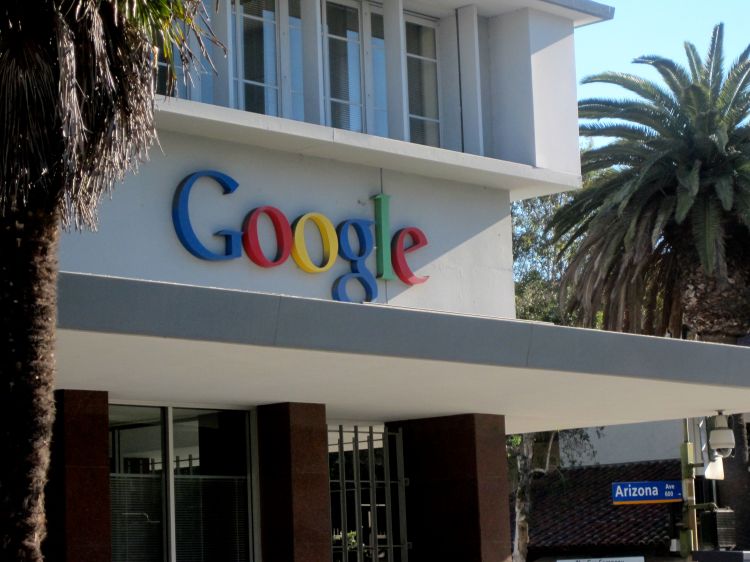Are you a developer who uses Google’s unofficial Autocomplete API? Be warned, you won’t be able to do so anymore after August 10, 2015.
Google currently supports more than 80 APIs that developers can use to integrate Google services and data into their applications. The company also has unsupported and unpublished APIs which people outside the company have discovered and leveraged. One of those is the Autocomplete API.
Google Search’s autocomplete service attempts to predict a query before a user finishes typing. For quite some time now, this functionality has been available for incorporating into apps without any restrictions and completely independent of Google Search.
Here is Google’s reasoning for blocking access:
We built autocomplete as a complement to Search, and never intended that it would exist disconnected from the purpose of anticipating user search queries. Over time we’ve realized that while we can conceive of uses for an autocomplete data feed outside of search results that may be valuable, overall the content of our automatic completions are optimized and intended to be used in conjunction with web search results, and outside of the context of a web search don’t provide a meaningful user benefit.
The company goes on to say that it is making this move “in the interest of maintaining the integrity of autocomplete as part of Search,” that it wants to “ensure that users experience autocomplete as it was designed to be used,” and finally that “this provides the best user experience for both services.” I’m sure many will disagree.
Developers will undoubtedly be very unhappy with this, especially because Google specifically outlines an example where it took a different route:
There have been multiple times in which the developer community’s reverse-engineering of a Google service via an unpublished API has led to great things. The Google Maps API, for example, became a formal supported API months after seeing what creative engineers could do combining map data with other data sources.
In other words, sometimes Google will let you enter its house and play with whatever you want. Other times, Google will simply decide to lock a room or two. After all, Google is the owner of the house, and you’re just a guest.
The good news is that Google does have an alternative: Google Custom Search Engine allows sites to maintain autocomplete functionality. Right now, that’s your best bet if you want to keep playing in Google’s house.


